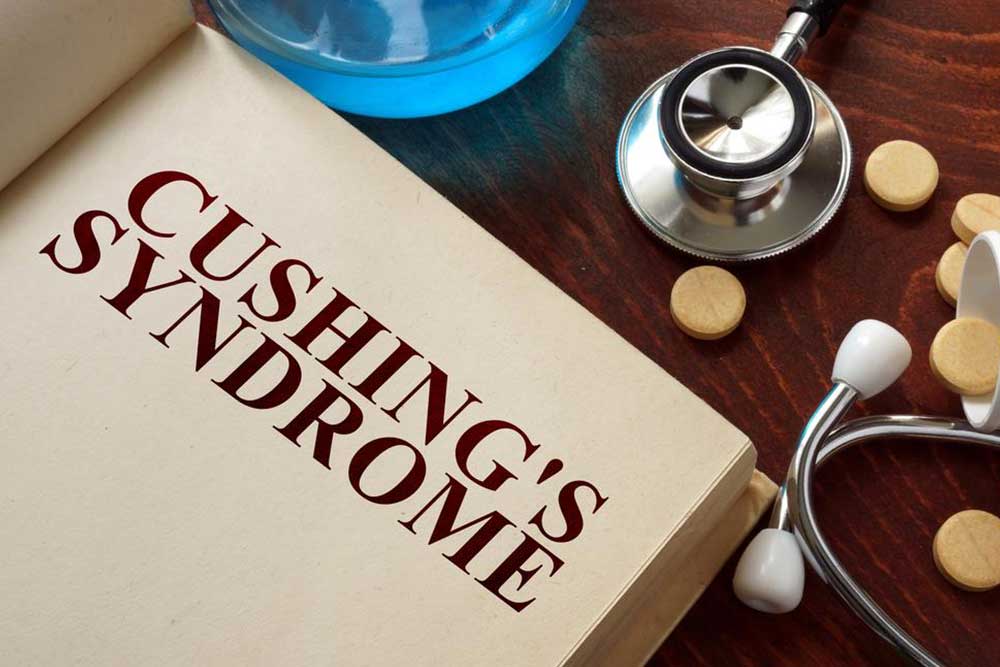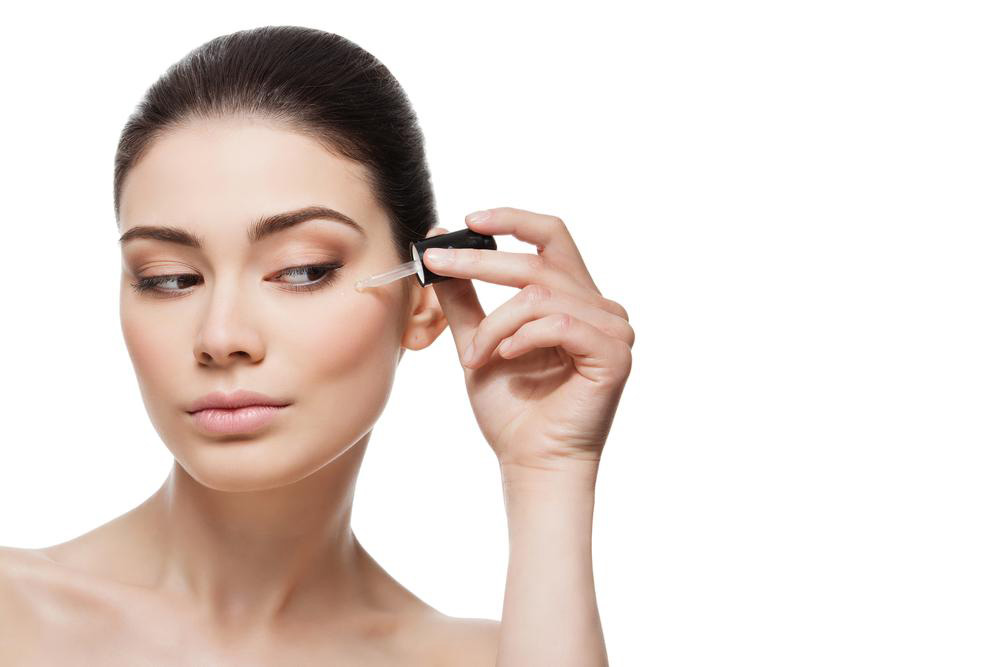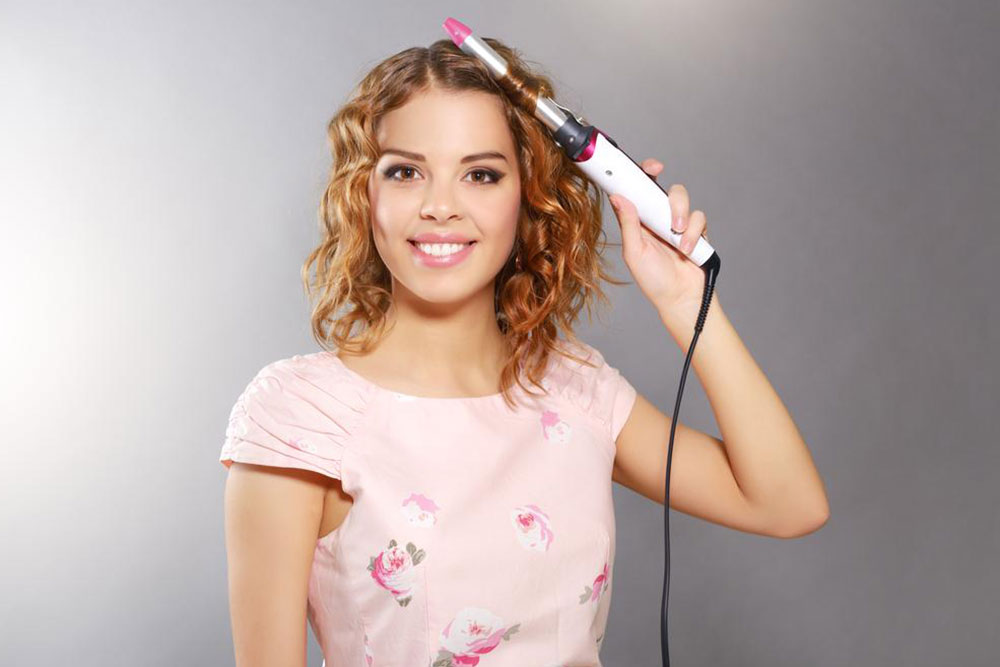Effective Strategies to Combat Hair Thinning
Discover practical strategies to prevent hair thinning, incorporating nourishing diet tips, proper hair care routines, and professional consultation. Learn how lifestyle choices and hormonal factors influence hair health and ways to maintain thicker, healthier hair naturally.

Effective Strategies to Combat Hair Thinning
Hair thinning and receding hairlines can impact confidence significantly. Juvenile styling habits such as buns, braids, coloring, straightening, and curling often stress hair health if not managed properly. While genetics, lifestyle, and age influence hair loss, there are proactive steps to reduce or prevent excessive shedding. Proper nutrition, hair care routines, and professional advice can make a difference. Let’s explore key methods to help prevent hair thinning and promote healthier growth.
Consuming foods rich in zinc, protein, iron, and vitamin B12 will add natural shine to your hair. Incorporate lean meats, nuts, greens, and fish like salmon and tuna into your diet for healthier hair.
Experience a scalp massage periodically. Use nourishing oils such as coconut, almond, or olive oil before shampooing to strengthen hair roots.
Frequent styling with hot tools, hair coloring, or straightening can damage hair if not done with care. Always opt for high-quality styling products and limit heat exposure.
Finish your showers with a cold water rinse to lock in moisture and natural oils, preventing hair from becoming brittle.
Consulting a specialist helps pinpoint the cause of hair thinning, whether it's lifestyle-related or genetic. Medical assessments like the Savin scale measure hair loss density.
Hormonal conditions such as PCO (polycystic ovary syndrome) can lead to hair issues; increased PCO levels might cause thinning scalp hair and excess facial or body hair. PCO is linked with symptoms like weight gain and ovulation problems. A dermatologist can recommend appropriate treatment to manage such hormonal imbalances.
Note:
The information here is for educational purposes and should not replace professional medical advice. While our articles aim to provide valuable insights, consult healthcare professionals for personalized care. The website is not responsible for data discrepancies or inaccuracies found elsewhere. Additionally, some offers or schemes might not be covered in this content.










